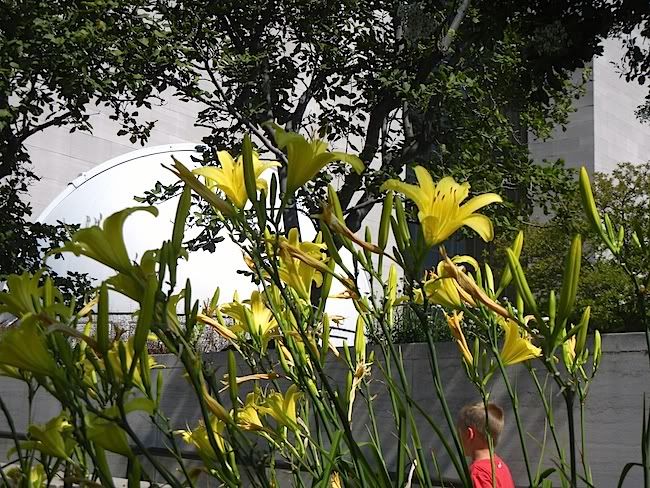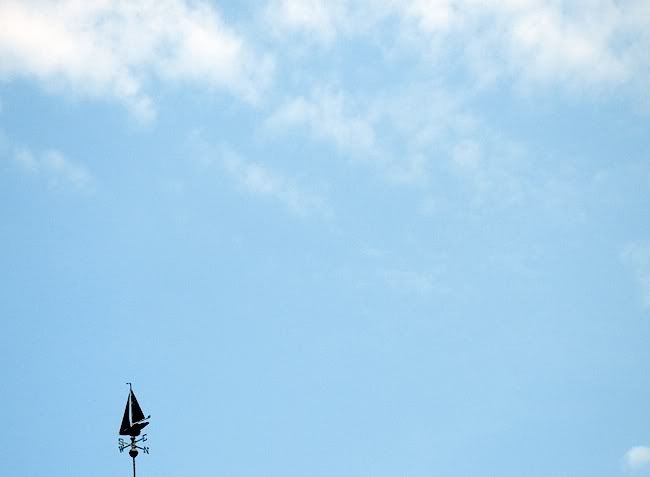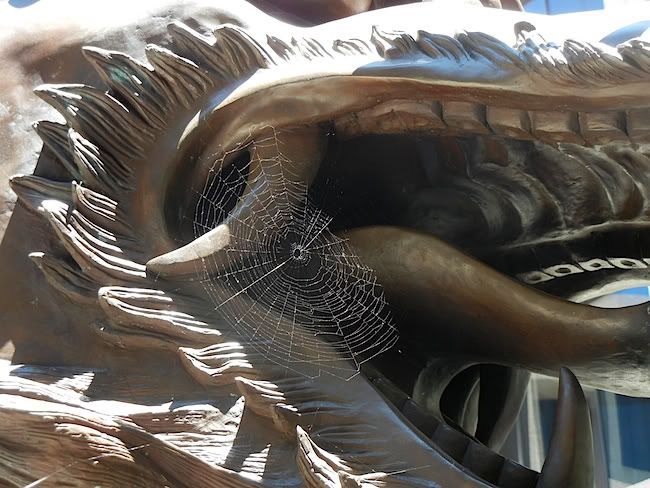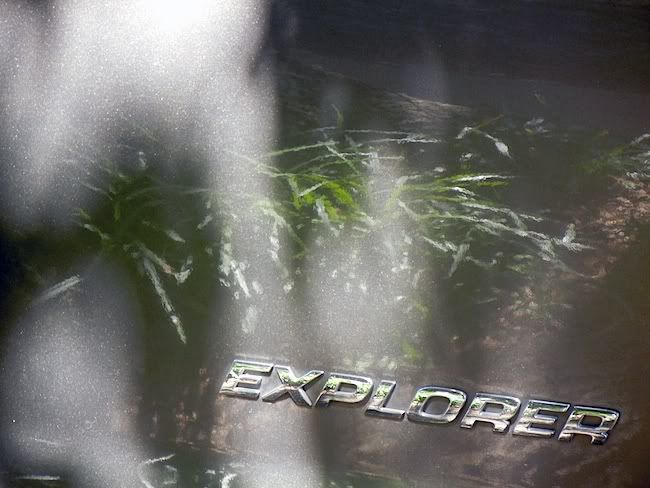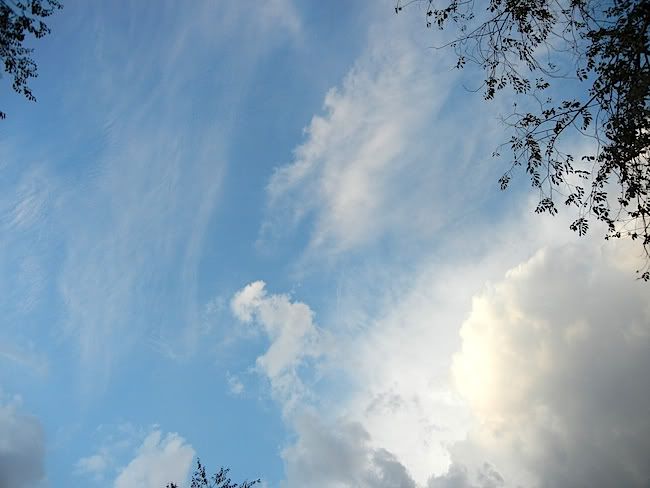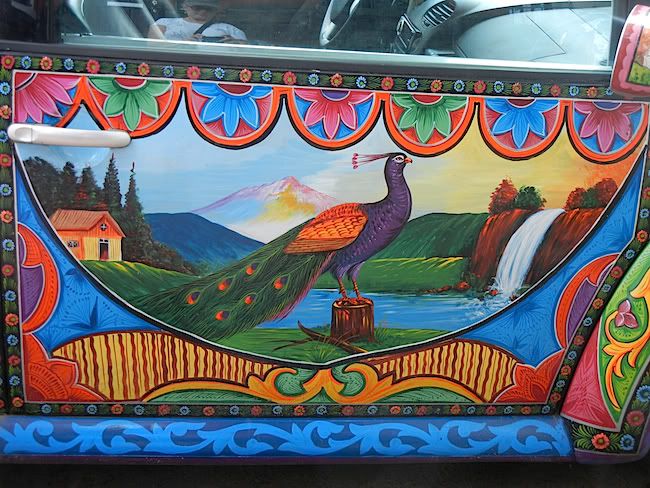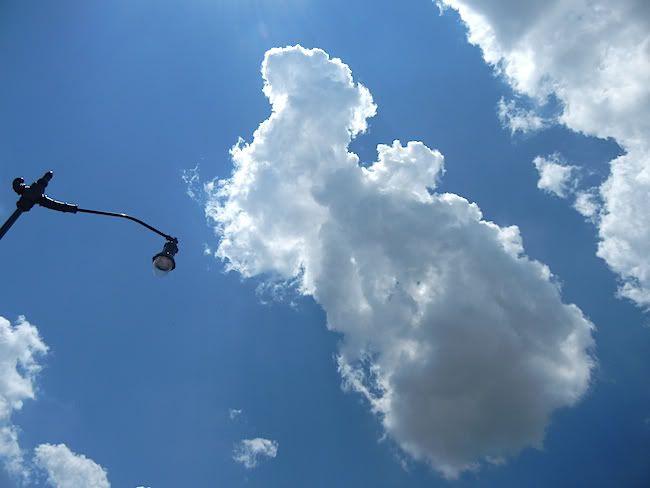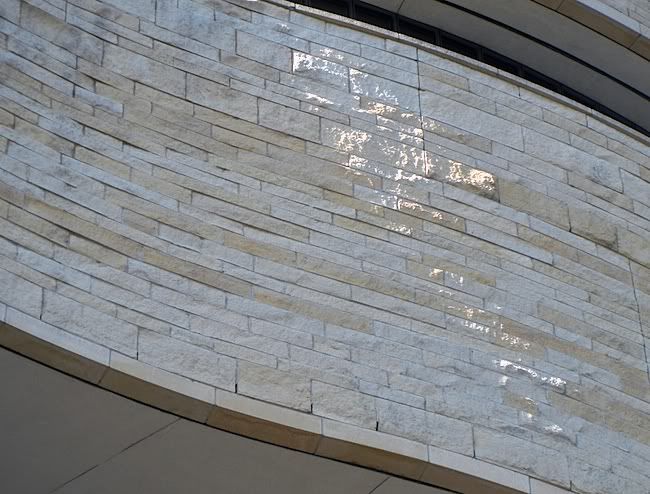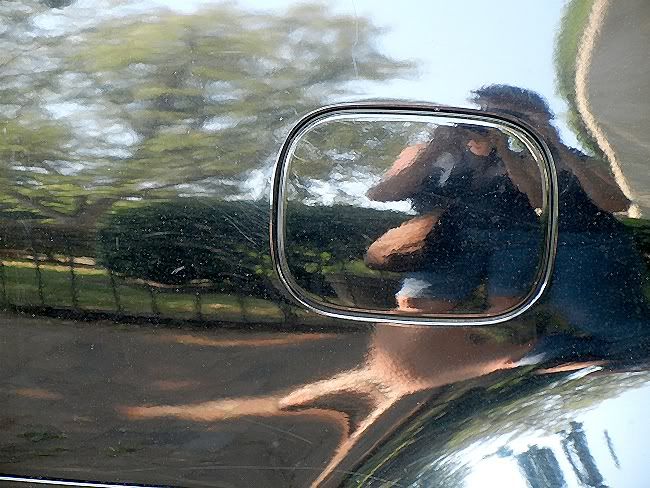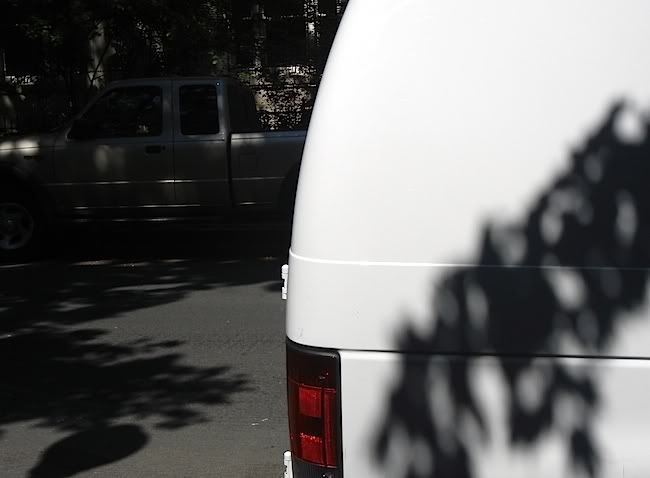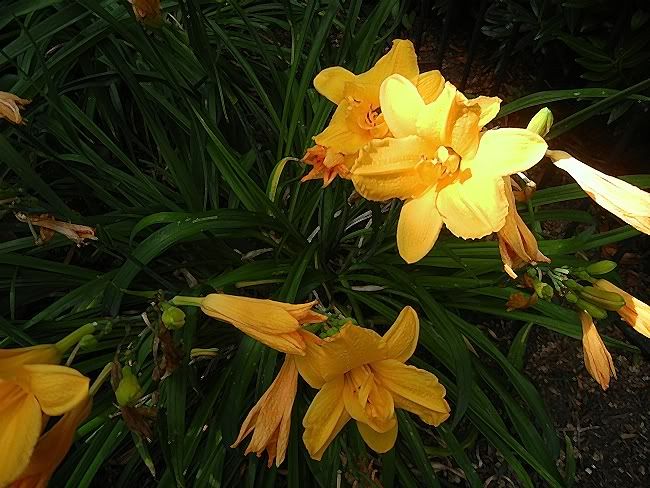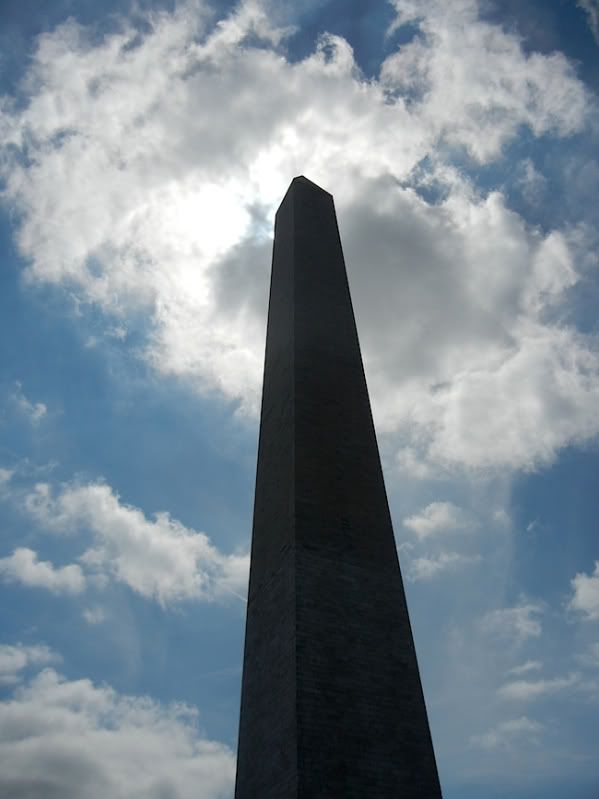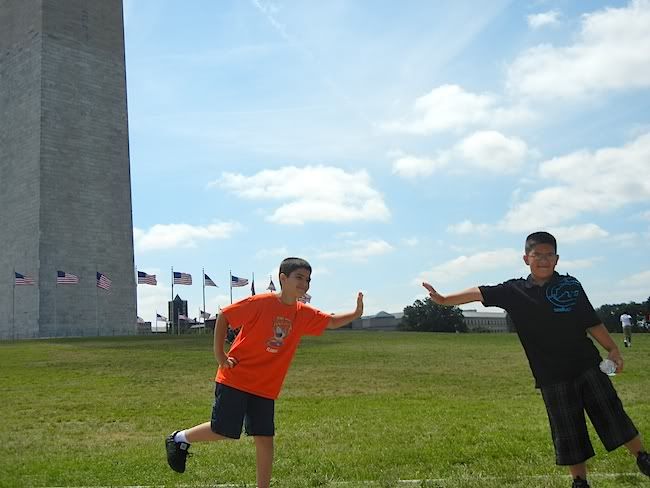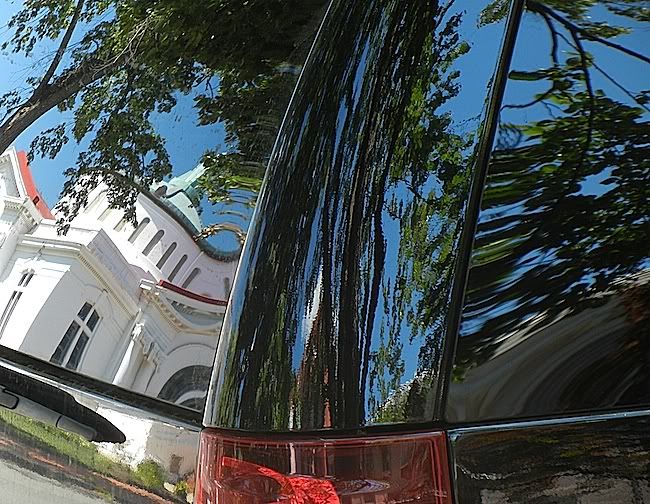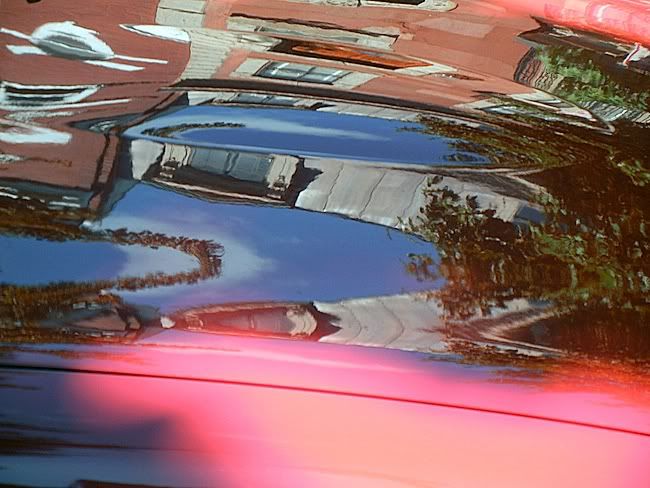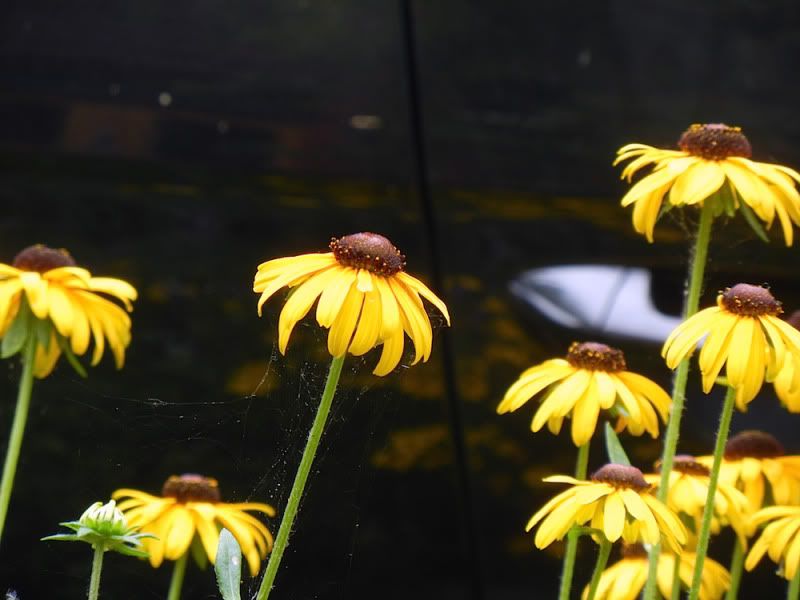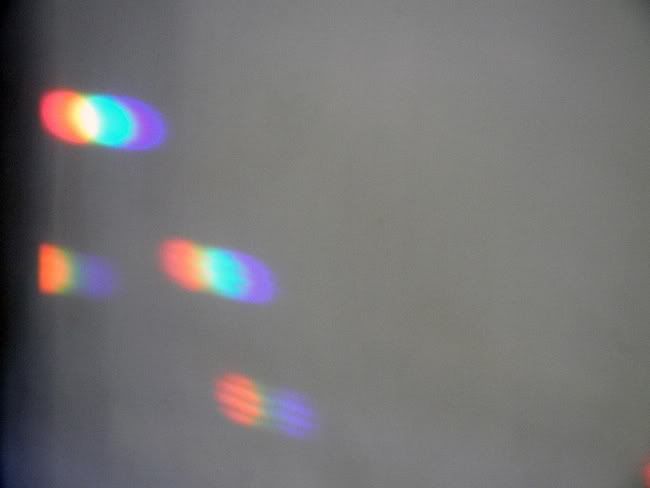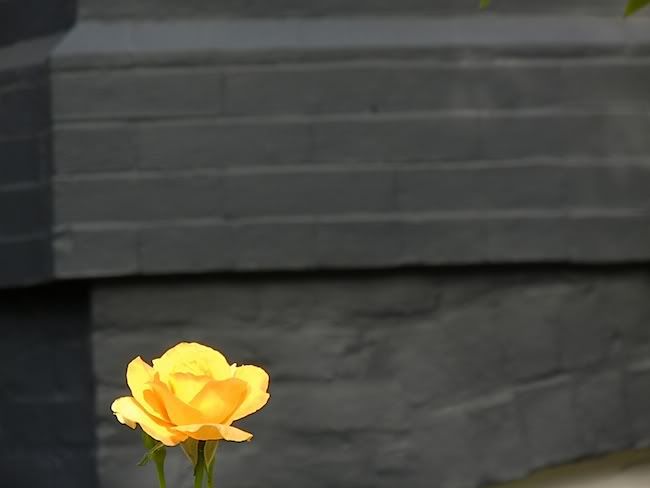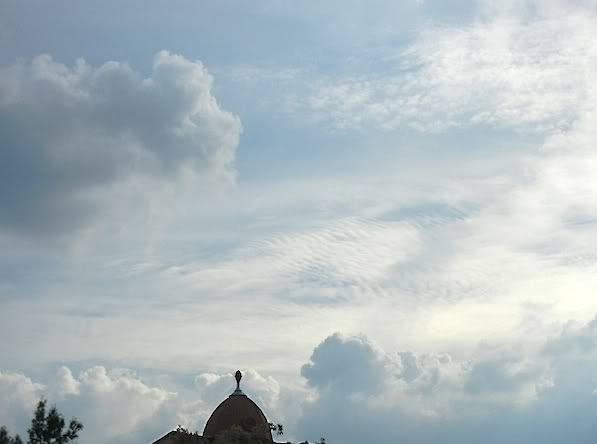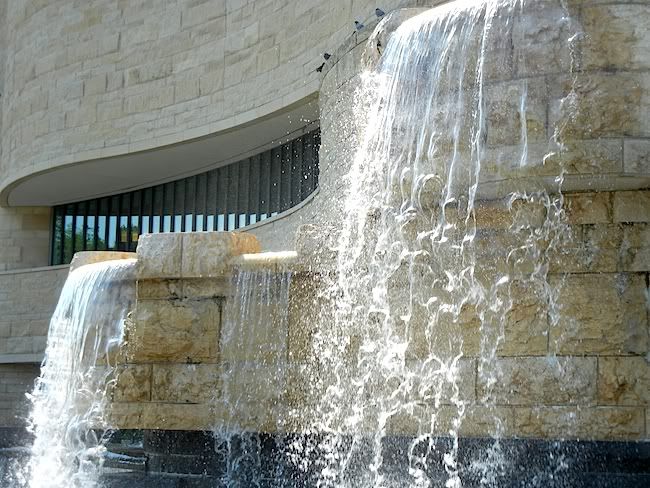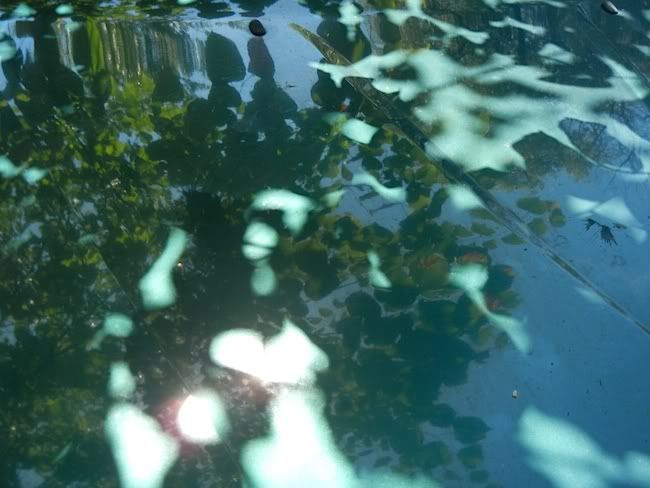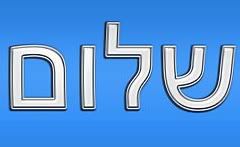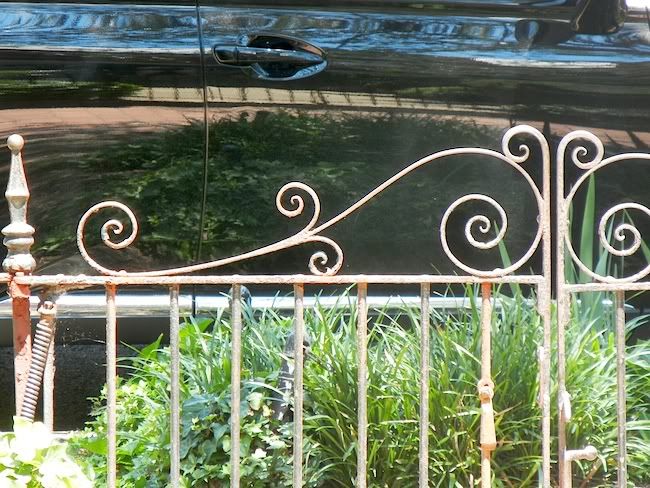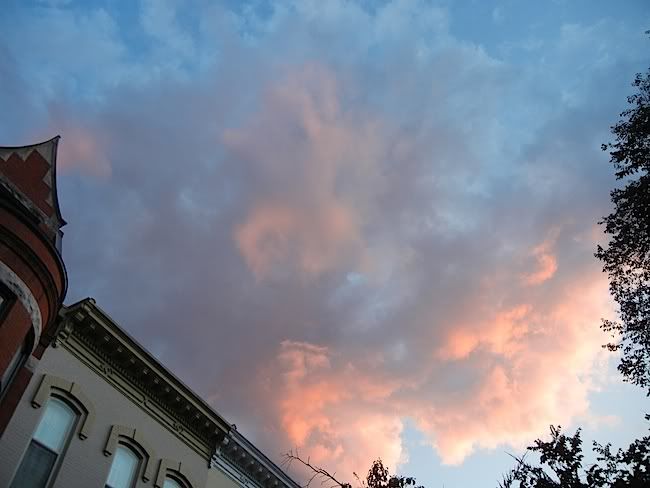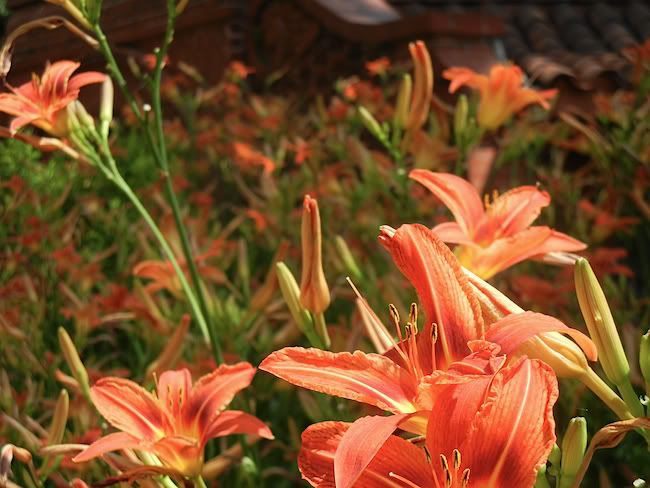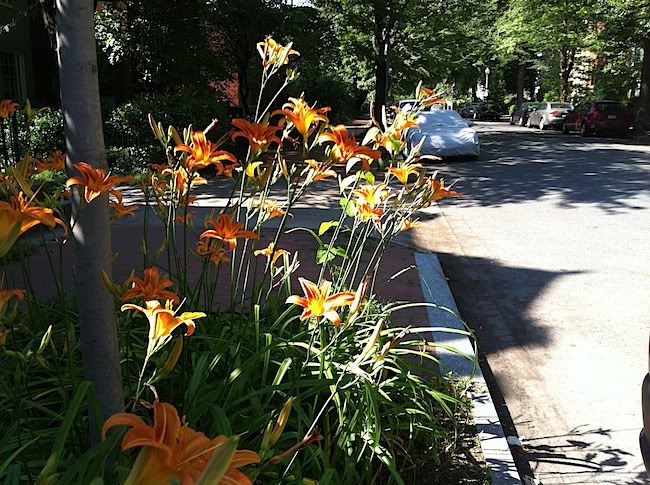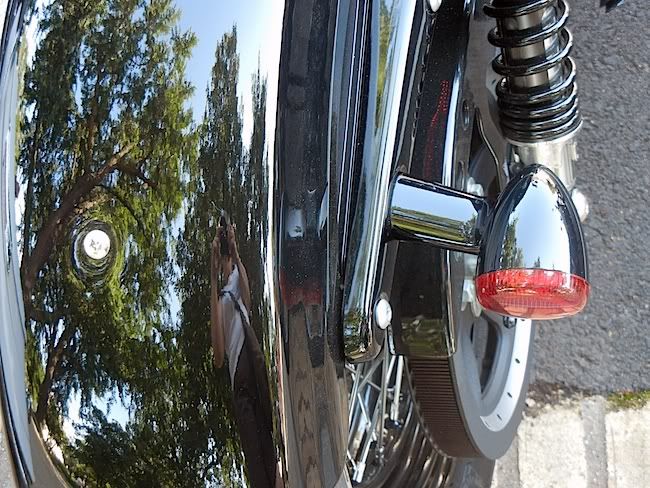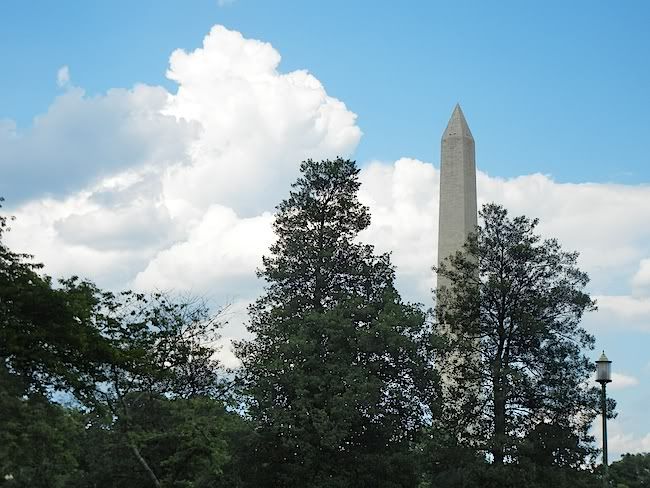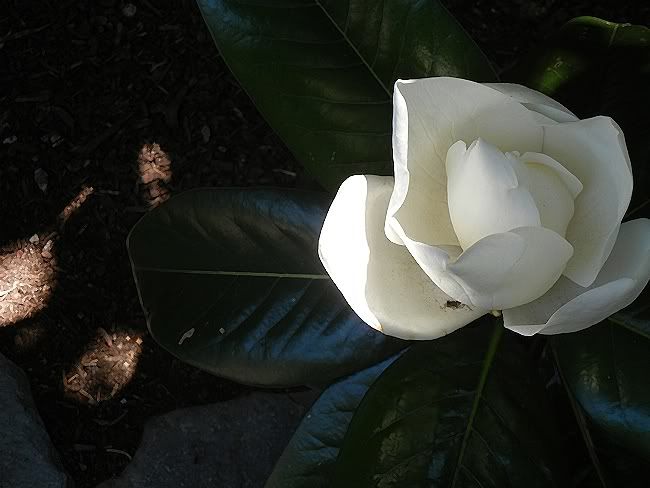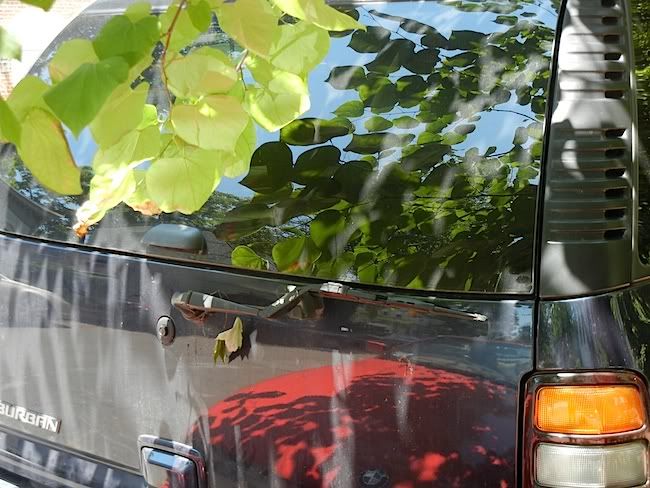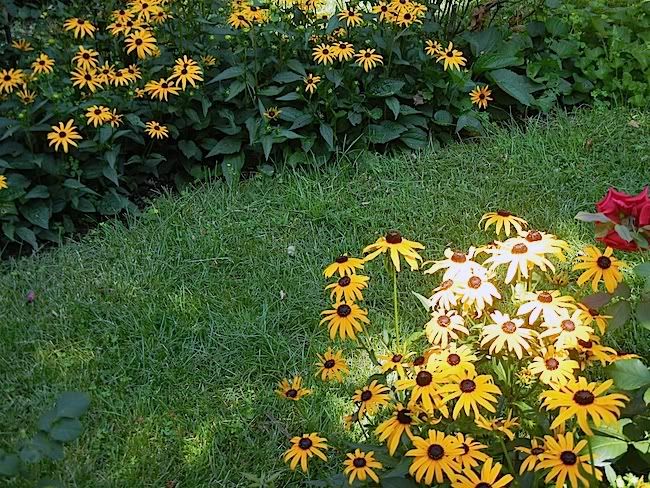
For a long time, I didn't believe in peace. I didn't think it was possible or part of the human condition. In my mind, the word was a romanticized ideal, a false promise that could never be kept. Even the idea of the quiet mind put me off, because I thought at the time the mind should be busy figuring out solutions to all the problems in the world.
Good lord.
I became interested in the word shalom when I read this interview with Katharine Jefferts Schori, who became the first woman to head the Episcopal church. The interview was published in the New York Times in 2006. She is awesome! Here's part of the interview:
I like the word “shalom.” I use it in my correspondence, I use it in my sermons, and that’s how I sign my e-mails — “shalom.” To me it is a concrete reminder of what it is we’re all supposed to be about.
Because it means peace in Hebrew?
It means far more than peace. I think it’s a vision of the human community. Those great visions of Isaiah — every person fed, no more strife, the ill are healed, prisoners are released.
Every time I read what she said, tears come to my eyes. Wow.
Fast forward a few years to the time when I studied Judaism at Temple Micah. I believe it was during the class on prayer that Rabbi Manewith spent a lot of time talking about the word itself, the three letter core and its significance. We also reflected on the layers of meaning of shalom.
Shalom doesn't refer to a peace that's temporary. Shalom is not about a cease fire or the eras between wars. It doesn't even reflect the peace of deep meditation. It is a far deeper peace, the kind of peace we practice on Shabbat when we live as if the world were perfect.
It's a rather intense practice actually, the joyous rest that is the Sabbath. After Havdallah, the end of the Sabbath, we return to the "real" world in which we can choose to work ourselves to death, freak out, lapse into anger, fear, vengefulness or whatever. But from sundown Friday to sundown Saturday, as my father said every week in the midst of our family's Shabbat service, "All our blessings are enriched, all our griefs and trials are softened." Oh yeah.
It's a rather intense practice actually, the joyous rest that is the Sabbath. After Havdallah, the end of the Sabbath, we return to the "real" world in which we can choose to work ourselves to death, freak out, lapse into anger, fear, vengefulness or whatever. But from sundown Friday to sundown Saturday, as my father said every week in the midst of our family's Shabbat service, "All our blessings are enriched, all our griefs and trials are softened." Oh yeah.
My tattoo, which is not pretty or decorative, is profoundly meaningful to me because by having this word engraved on my arm, one of my favorite ideas, one of my most exalted hopes, has literally become part of my physical body. This is why I got the tattoo.
Shabbat shalom, y'all.

Lacy maple trees on the grounds of the U.S. Capitol.

